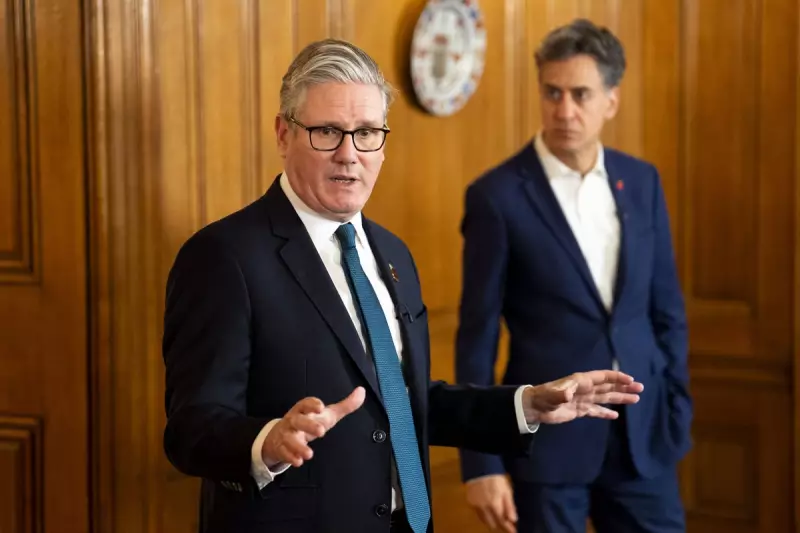
In a defining moment for British democracy, Sir Keir Starmer arrived at Buckingham Palace on Friday afternoon for his historic first audience with King Charles III, where he officially accepted the monarch's invitation to form a new government.
A New Era Begins at the Palace
The meeting between the newly elected Labour leader and the King represents a significant constitutional handover, following Labour's landslide victory in Thursday's general election. Sir Keir, who has served as Leader of the Opposition since 2020, now assumes the highest office in UK politics.
This royal audience follows Rishi Sunak's final departure from 10 Downing Street earlier in the day, where the outgoing Conservative leader delivered his resignation to the King, clearing the constitutional path for his successor.
Economic Leadership Takes Centre Stage
In a clear signal of his government's priorities, Sir Keir has appointed Rachel Reeves as Britain's first female Chancellor of the Exchequer. The former Bank of England economist now faces the monumental task of steering the nation's economy through current challenges and delivering on Labour's ambitious growth strategy.
The new Chancellor brings considerable financial expertise to the role, having previously served as Shadow Chancellor for three years and worked extensively in economic policy development.
Constitutional Protocol in Action
The meeting at Buckingham Palace represents one of the monarchy's most crucial constitutional roles - inviting the leader capable of commanding majority support in the House of Commons to form a government. This traditional ceremony, though brief in duration, carries immense political significance as it formally transfers executive power.
Following his appointment, the new Prime Minister will immediately begin assembling his cabinet and preparing for his first major speech outside Number 10, where he is expected to outline his government's initial priorities and vision for the country.
This transition of power marks not just a change in political leadership but potentially a fundamental shift in Britain's direction after 14 years of Conservative governance. The nation now watches as Sir Keir Starmer begins the formidable task of implementing Labour's manifesto promises and addressing the pressing issues facing the United Kingdom.






